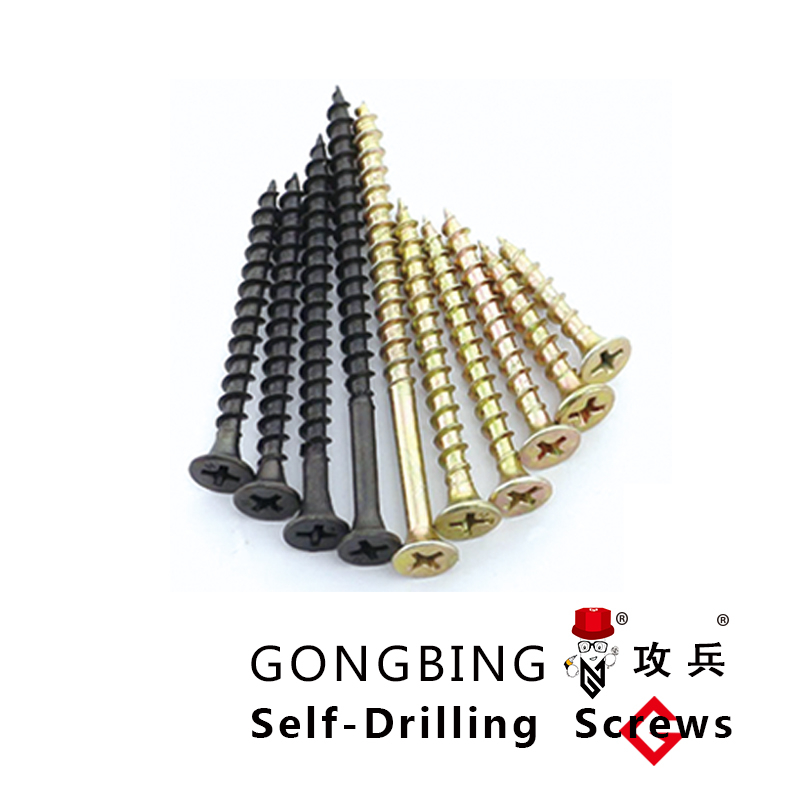expansion bolts for structural steel
Expansion Bolts for Structural Steel An Essential Fastening Solution
In the world of construction and structural engineering, the importance of reliable fastening systems cannot be overstated. One of the most widely used fastening solutions in these applications is the expansion bolt. Specifically designed for use in structural steel, expansion bolts provide a robust and efficient means of securing various components, ensuring the integrity and stability of structures.
What are Expansion Bolts?
Expansion bolts, also known as expansion anchors, are a type of fastener that uses a mechanical mechanism to anchor securely into a substrate, making them particularly suitable for concrete and masonry applications. These bolts consist of a bolt, a sleeve, and an expansion mechanism. When the bolt is tightened, the sleeve expands against the walls of the hole into which it has been installed, creating a strong hold that is resistant to shear and pull-out forces.
Applications in Structural Steel
In structural steel applications, expansion bolts are primarily used in conjunction with steel beams, plates, and columns. They are ideal for attaching structural elements to concrete foundations or for anchoring equipment and fixtures to steel frames. Their versatility makes them applicable in a range of settings, including commercial buildings, bridges, and industrial facilities.
One significant advantage of using expansion bolts in structural steel is their ability to distribute loads evenly. This property is essential in preventing localized failure and ensuring the overall structural integrity of the assembly. Additionally, these bolts can accommodate movements or shifts in the structure, a crucial feature for buildings located in seismic zones or areas subject to settlement.
Types of Expansion Bolts
expansion bolts for structural steel

Expansion bolts come in various designs to suit different applications and materials. Two of the most common types include
1. Wedge Anchors These are heavy-duty expansion bolts that are designed for use in concrete. They feature a wedge-shaped mechanism that expands against the sides of the drilled hole, providing exceptional holding power. Wedge anchors are best suited for static loads and are often used in high-strength applications.
2. Sleeve Anchors These bolts have a sleeve that expands when the bolt is tightened, allowing for secure fastening in both concrete and masonry. Sleeve anchors are versatile and can be used for medium-duty applications, making them a popular choice for securing railings, brackets, and light structures.
Installation Considerations
Proper installation of expansion bolts is crucial to ensure their effectiveness. The first step involves selecting the right bolt type and size for the specific application, considering factors such as load requirements and environmental conditions. Once the appropriate bolt is chosen, precise drilling of the hole is necessary to achieve optimal performance. The hole must be cleaned of dust and debris before the expansion bolt is inserted and tightened.
It is also essential to follow the manufacturer's specifications regarding torque settings during installation. Over-tightening can lead to damage to the substrate or the fastening mechanism, compromising the bolt's holding strength. Properly installed expansion bolts can provide years of reliable service.
Conclusion
In summary, expansion bolts are an indispensable component of structural steel architecture, offering reliable and effective fastening solutions. Their ability to securely anchor materials while accommodating structural movements makes them a preferred choice among engineers and contractors. By understanding the various types and installation techniques, professionals can ensure the safety and longevity of their structures, reflecting the crucial role that expansion bolts play in modern construction. As structural loads and industry standards continue to evolve, expansion bolts remain a steadfast solution, balancing innovation with reliability in the ever-demanding field of structural engineering.
-
Weatherproof Plastic Expansion Anchors for Outdoorசெய்திJun.06,2025
-
Sustainability in the Supply Chain: Eco-Friendly TEK Screws Productionசெய்திJun.06,2025
-
Load-Bearing Capacity of External Insulation Fixingsசெய்திJun.06,2025
-
Double Head Bolts: Enhancing Efficiency in Industrial Machineryசெய்திJun.06,2025
-
Corrosion Resistance in Chipboard Screws: Coatings for Wholesale Durabilityசெய்திJun.06,2025
-
Butterfly Toggle Bolts : Enhancing Structural Resilienceசெய்திJun.06,2025
